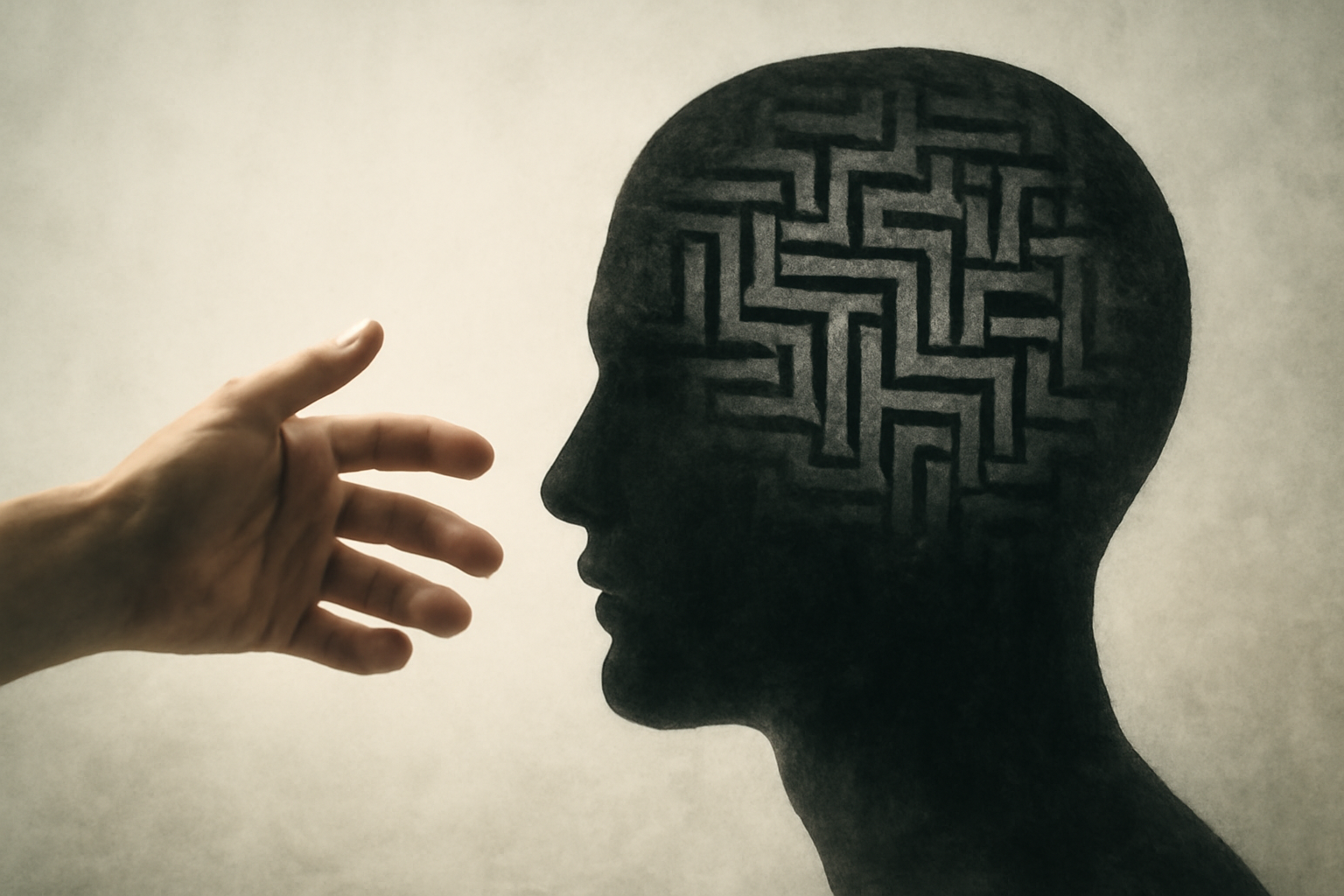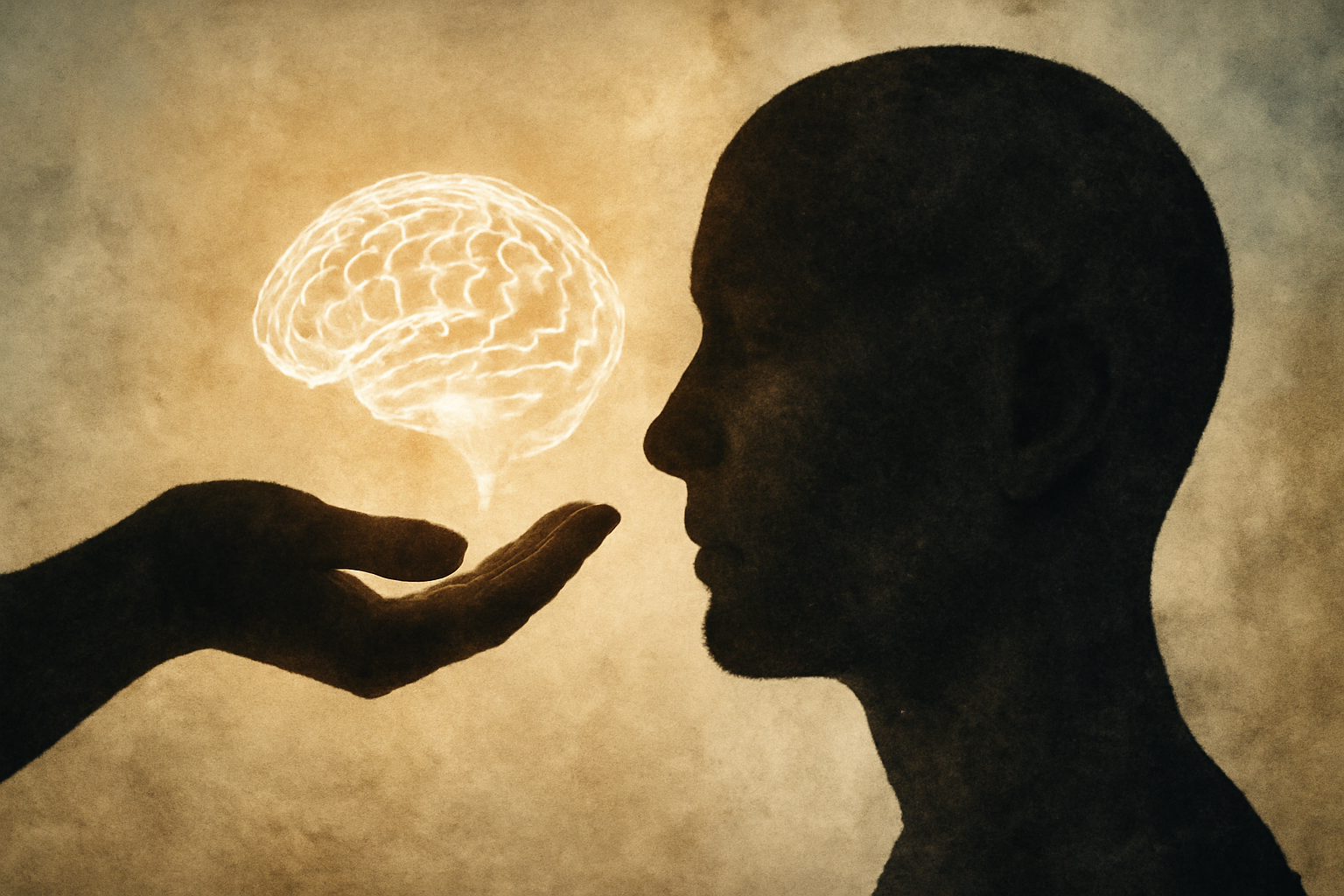Early recognition and professional care can improve outcomes and help teens pursue education, friendships, and goals they care about.
Schizophrenia is a chronic brain condition that affects how a person thinks, feels, and perceives reality. In women, the illness is not rare.
PTSD and depression are common, treatable mental health conditions that can develop after trauma or in the context of mood-related changes.
PTSD and depression after trauma arise from a mix of factors that differ by person and situation. Not everyone exposed to trauma develops PTSD.
It is not a sign of weakness, and with accurate information and timely support, most people recover and can bond meaningfully with their baby.
Bipolar disorder is a treatable medical condition that involves distinct mood episodes, not simply mood swings or character flaws.
Schizophrenia is a chronic psychiatric diagnosis defined by a combination of symptoms and social or occupational impairment.
Schizophrenia is a chronic brain condition that affects how a person thinks, feels, and experiences the world. It often features psychosis—moments
DiagnosisEditorial Staff2025-08-17T21:54:24+00:00








